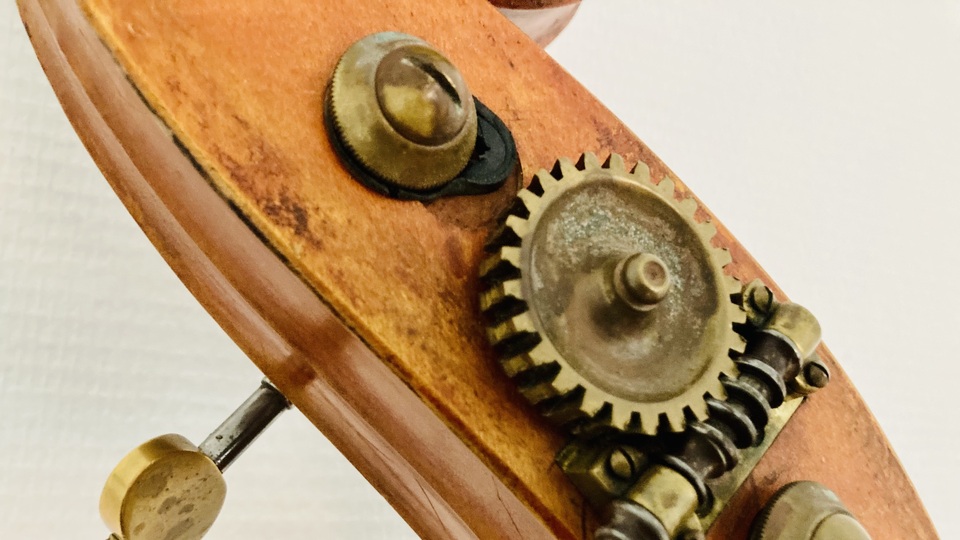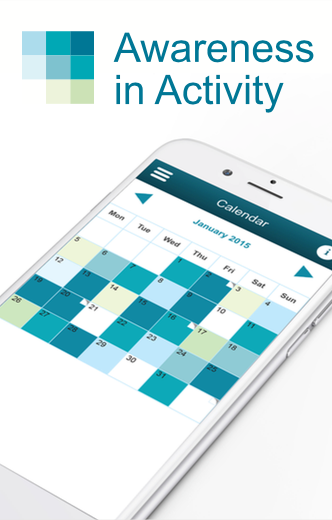This is a question that I get every now and then, especially from professional musician students in conservatories. It is not surprising, as many people find the Alexander Technique (AT) calming and relaxing, making the connection to sleep is logical.
The way how I apply the AT for sleep is indirect. However, before getting to the AT exercises, let’s rule out just a few other aspects that may also affect sleep.
A good night sleep requires a daily amount of physical and mental exercise. It is a good thing to flatten your personal ‘battery’ a bit before recharging it! Both the brain and the body need exercise and through that exercise they produce the right chemistry for a restful sleep. Don’t leave physical or mental exercise too close to bedtime though, as you will need some time to chill and calm down before sleep.
Is something stressing you out? Do you wake up worrying or keep on thinking late at night about work, an exam, an approaching concert or deadline, life situation or something alike? Make a plan of daily small steps towards your goal. By sticking to the plan, you know that every day you have done what is expected from you. Such a daily plan may diminish the tendency of a stressed brain to continuously plan and solve problems even at night time and when trying to rest.
And then to the AT tips. Bringing the AT into activities is a great way of practicing focused attention and diminish mind wandering. Tune into your body, notice the support, freedom in your neck, widening in the shoulders, lengthening of the spine and other directions suitable for the activity. Keep on breathing and allow your field of vision to stay open and wide.
Active Rest is a way of calming down the nervous system, but do not have an Active Rest in order to get to sleep. Take an Active Rest during the day and keep your eyes open. The idea is to stay connected to your body, the support from the ground and the environment, not to shut off your senses and drift to sleep. Practicing Active Rest and the ability to stay focused will balance the nervous system and make falling asleep in the evening easier. You will also learn a skill of resting in awake state. This ability to rest awake does not replace sleep but can reduce stress about not getting enough rest in a situation when getting enough hours of sleep is not possible.
Continuous practice of AT in activities and daily Active Rest will improve falling asleep and the quality of sleep. The AT way to improve sleep is not to end gain, to try to reach a goal of better sleep, but to get there indirectly by taking care of the way how we use ourselves, first in chosen activities and, if you reach the AT enlightenment, eventually in all activities. ;-)
Maria Vahervuo, February 2024







